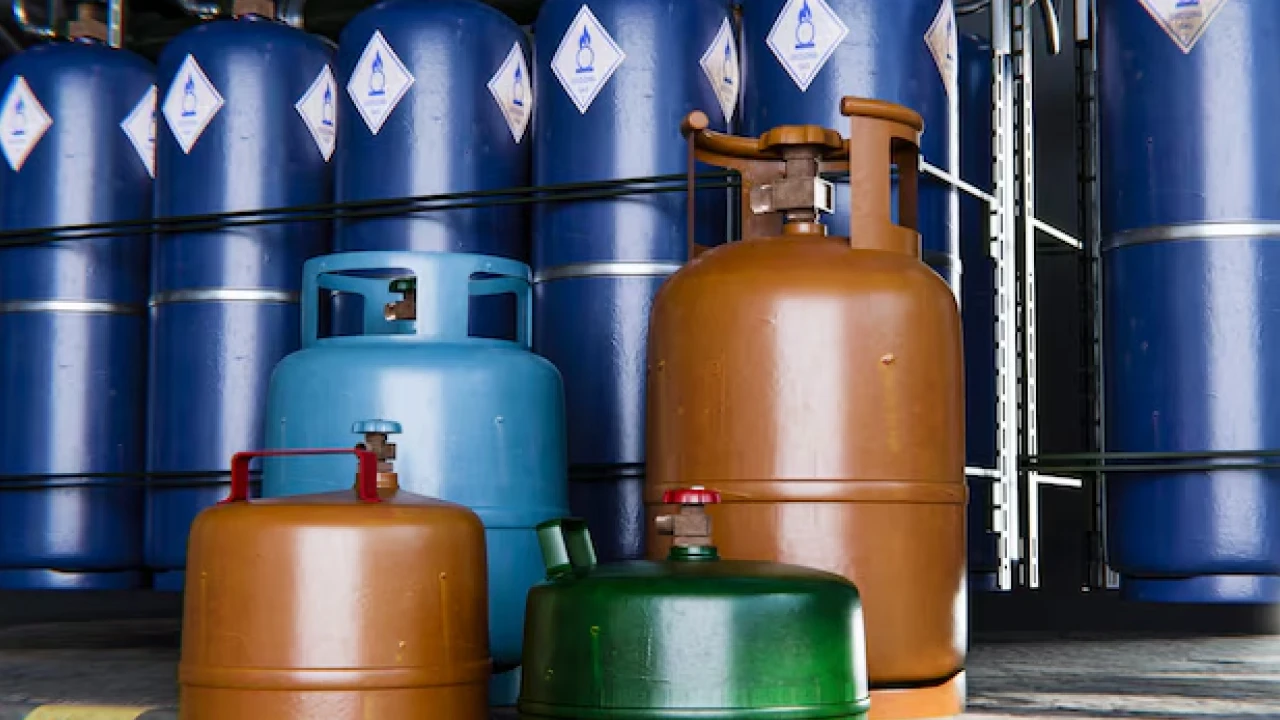Gas Price Increases in France: In recent months, France has experienced significant rises in gas prices, causing concerns among consumers and businesses alike. This surge has not only affected the cost of fuel for vehicles but also brought attention to its impact on other essential commodities, such as gas canisters used for cooking and heating in many households.
Understanding the Role of Gas Canisters
Gas canisters serve as a portable and convenient energy source for cooking appliances and heaters. They are favored for their ease of use and widespread availability, making them a staple in both urban apartments and rural cottages. The cost of these canisters is typically influenced by several factors, including the price of the gas itself, distribution costs, and regulatory measures.
Impact of Gas Price Increases
The recent spike in gas prices across Europe, driven by various global factors including supply chain disruptions and geopolitical tensions, has had a direct impact on the cost of gas canisters in France. Manufacturers and distributors, facing higher costs to procure and transport gas, have passed these expenses along to consumers.
Consumer Concerns and Reactions
For many French households, especially those on fixed incomes or in rural areas without access to natural gas pipelines, the rising cost of gas canisters poses a significant financial burden. Families often rely on these canisters not only for cooking but also for heating during colder months, making them essential for daily life.
Government Response and Policy Measures
In response to the concerns raised by consumers and businesses, the French government has been monitoring the situation closely. Efforts have been made to mitigate the impact of gas price increases on vulnerable populations, including subsidies and targeted financial assistance programs. Additionally, there have been discussions about regulatory measures to stabilize prices and ensure fair distribution of gas canisters.
Economic Implications
The broader economic implications of rising gas prices extend beyond household budgets. Businesses that rely on gas for manufacturing processes or heating may face increased operational costs, potentially leading to price adjustments for goods and services. This ripple effect can contribute to inflationary pressures and economic uncertainty.
Also Read
- Scorching Heatwave to Grip U.S.: How Hot Will It Get and When Will It End?
- The Goonies Sequel: Is the Long-Awaited Adventure Finally Happening?
- Claude Artifacts: What It Is and How to Use It Effectively
- Bad Monkey Episode 1 Review: A Thrilling Start to a Promising Series
- Gary Oldman Net Worth: A Closer Look at His Wealth and Success
Sector-Specific Challenges
Certain sectors, such as hospitality and agriculture, which heavily rely on gas for cooking, heating, and processing, are particularly vulnerable to price fluctuations. Small businesses, in particular, may find it challenging to absorb higher energy costs without passing them on to consumers or reducing other expenses.
Future Outlook
Looking ahead, the trajectory of gas prices in France and across Europe remains uncertain. Factors such as global energy demand, geopolitical developments, and domestic policy decisions will continue to influence market dynamics. Consumers and businesses alike are advised to stay informed about developments in the energy sector and to explore energy-efficient alternatives where feasible.
Conclusion
In conclusion, while the recent gas price increases in France have primarily impacted fuel for vehicles, they have also had repercussions for the cost of gas canisters used in households and businesses. The availability and affordability of these canisters are crucial for many French citizens, necessitating careful monitoring and proactive measures from both government authorities and industry stakeholders to ensure equitable access and pricing stability.
As the situation evolves, stakeholders will need to collaborate on sustainable solutions to address the challenges posed by fluctuating gas prices, safeguarding both economic stability and the well-being of consumers across France.









